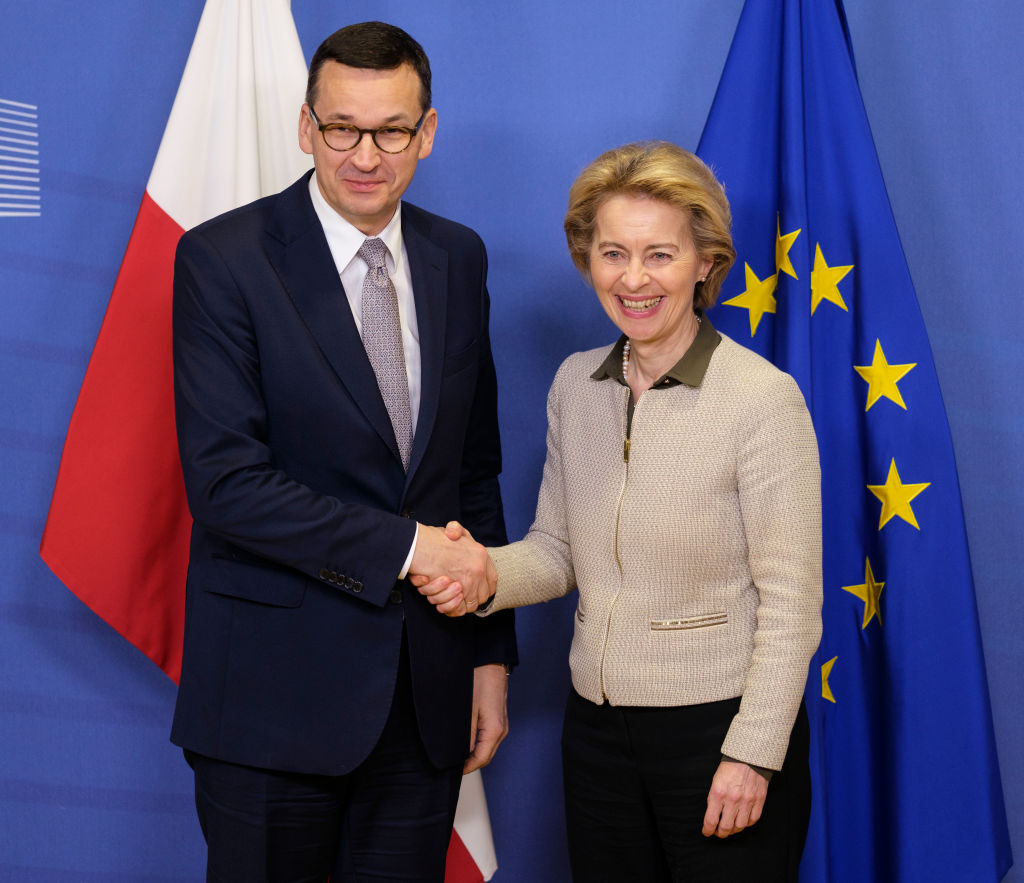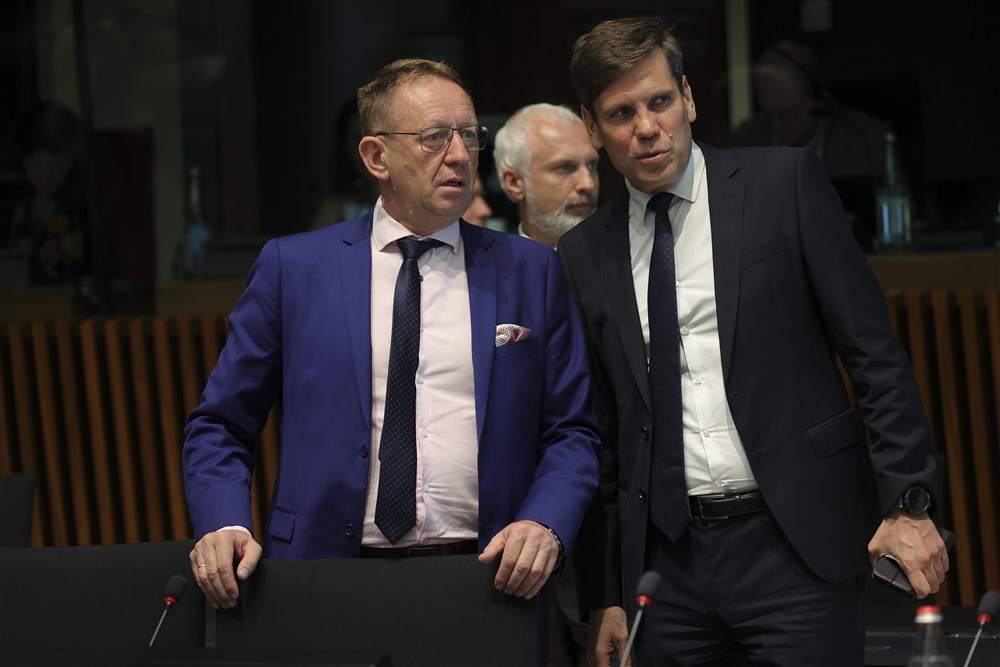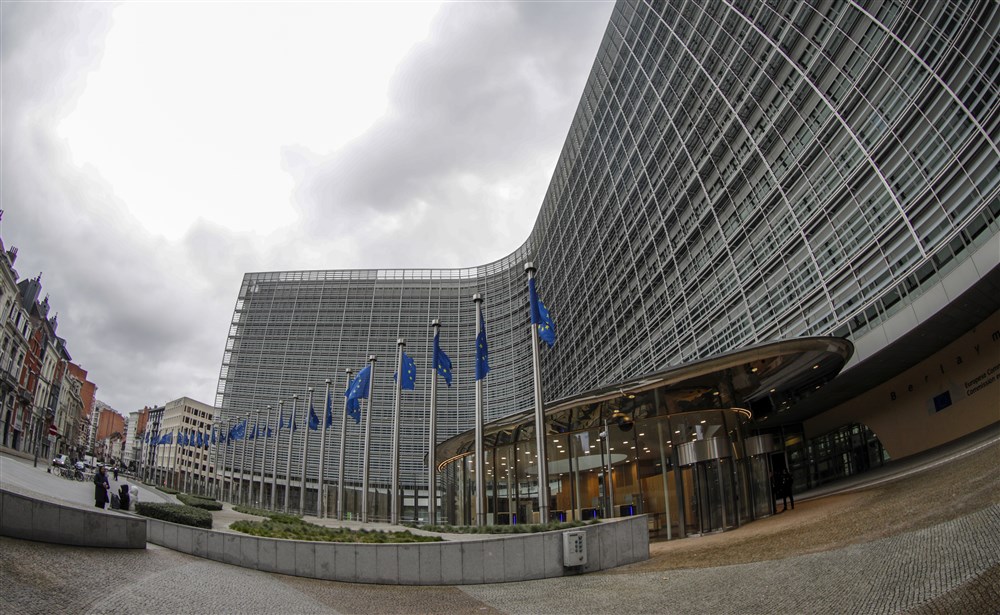Poland’s Minister of Climate and Environment Anna Moskwa announced on July 17 that Warsaw had filed three complaints to the European Court of Justice (ECJ) related to a European Union ban on registering petrol- and diesel-powered vehicles after 2035.
The ban is designed to help the bloc hit reduction targets for greenhouse gas emissions and cut free emissions-trading allowances.
Poland argues that the policies are a “threat” to its energy security. In a social media post, Moskwa accused the EU of “authoritarianism”.
“Does the EU want to decide on what vehicles Poles may drive and to raise energy prices? The Polish Government cannot agree to [such a] diktat,” she said.
The ban on internal combustion engines by 2035 was passed by the Council of the European Union in March. Warsaw failed to build a coalition to block the measure, with 23 countries voting in favour and Poland being the only Member State against the plan.
Sources close to the Polish Government point to the fact that the administration has changed course in its approach to Brussels.
That is because, they say, the European Commission has failed to hand over Poland’s EU post-pandemic funds due to what the EC considers to be rule-of-law violations perpetrated by Warsaw. In addition, the sources claim, Poland is annoyed that the EC is pushing forward the EU Migration Pact against its and Hungary’s wishes.
Moreover, Polish Conservatives have stated that the European Parliament’s drive for environmental reforms that would limit the authority Member States have over their own land, forests and water, is also problematic.
That was the main thrust of the EU nature restoration legislation approved narrowly in July. Poland fears the restrictions will disrupt its economic development plans, arguing that it has far richer ecosystems and biodiversity than in the West of Europe and that, therefore, the country should not be covered by the restrictions enshrined in the nature law.
Poland’s record of successfully contesting EU policies in the ECJ is not promising. As Conservatives in Poland note, EU institutions normally rule in favour of Brussels taking more powers at the expense of Member States.
But, ahead of the national elections this autumn, Poland’s ruling party wants to demonstrate that it is fighting for the country’s interests.
It is equally keen to be seen to be resisting Germany. On July 18, Poland’s Ministry of Climate and Environment announced that Warsaw was filing a complaint at the ECJ against Germany for what it alleges was the illegal dumping of 35,000 tonnes of waste at seven sites in Poland.
This represents yet another spat between Germany and Poland, who are already in dispute over Poland’s claim for reparations regarding the Second World War, the EU Migration Pact and Germany’s call for the abolition of Member States’ veto rights over a raft of areas including foreign and security policy.
Germany, meanwhile, is questioning Poland’s nuclear power programme, its attempts to make the river Oder navigable again and Warsaw’s efforts to have the port of Świnoujście deepened to receive larger cargo-carrying vessels.





